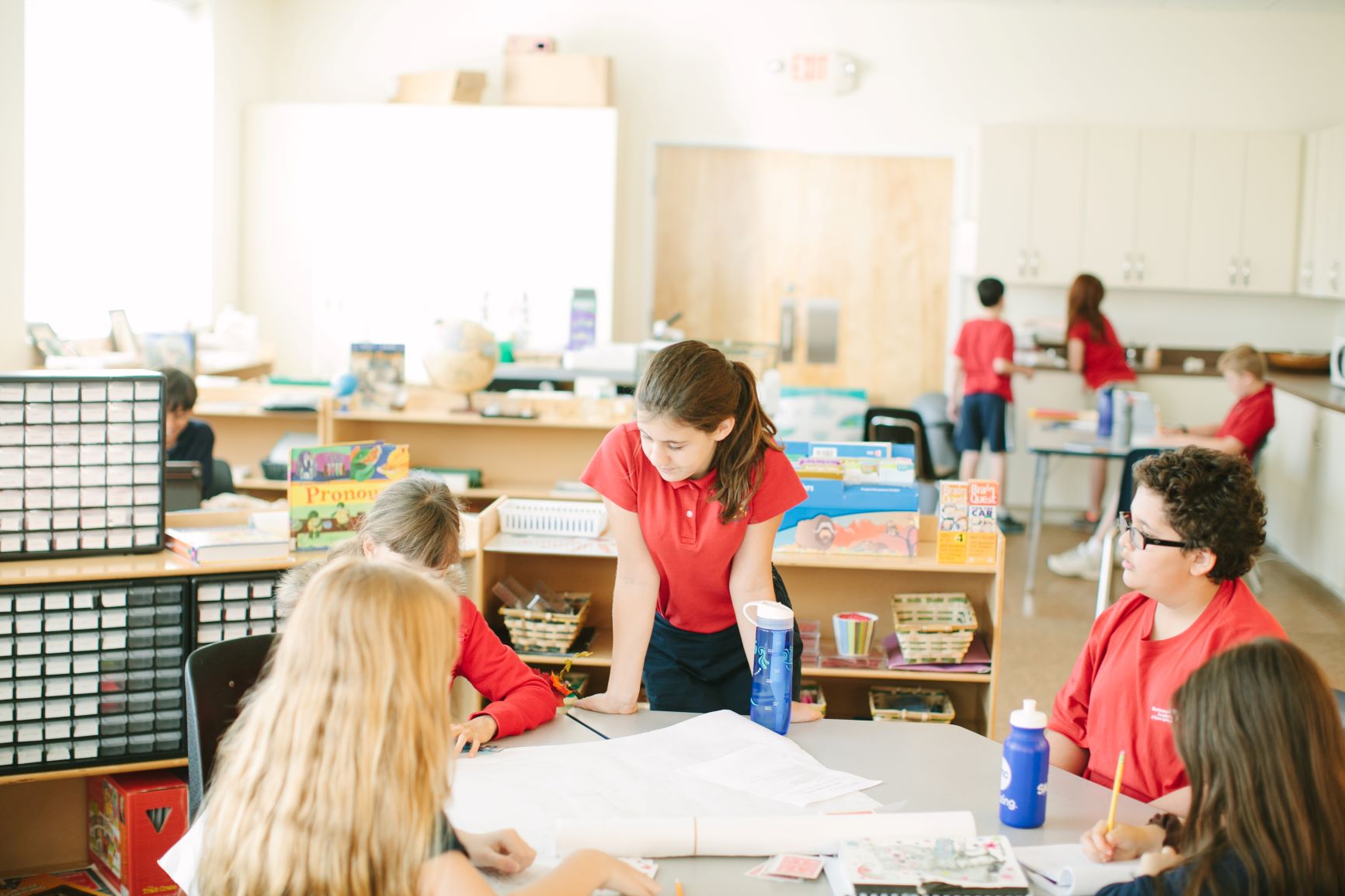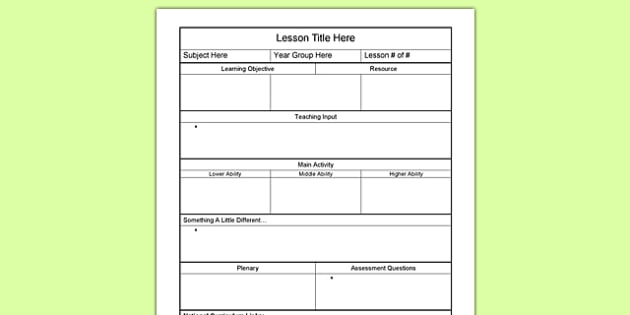
Montessori Social Skills: Nurturing Cooperative Learners
Montessori education extends beyond academics, emphasizing the importance of social skills in a child’s development. In this exploration, we delve into the unique approach of Montessori education to fostering social skills and building a foundation for cooperative learning.
Social Learning in the Montessori Environment
In a Montessori environment, social learning is seamlessly woven into the fabric of daily activities. Children engage in multi-age classrooms, fostering a sense of community and collaboration. This intentional structure allows younger learners to observe and learn from older peers, while older students develop leadership skills and empathy through mentorship.
Practical Life Activities: Building Independence and Cooperation
Montessori’s practical life activities play a significant role in developing social skills. Tasks such as setting a table, cleaning up after oneself, and working together on practical projects instill a sense of responsibility and cooperation. These activities create an environment where children learn to collaborate and contribute to the well-being of the classroom community.
Grace and Courtesy Lessons: Politeness and Respect
Montessori education places a strong emphasis on grace and courtesy lessons, teaching children the importance of politeness and respect. These lessons cover everything from greeting others to resolving conflicts peacefully. By instilling these social norms, Montessori education cultivates a positive and harmonious social atmosphere among students.
Freedom Within Limits: Balancing Independence and Cooperation
The Montessori philosophy emphasizes “freedom within limits,” allowing children the autonomy to make choices within a structured environment. This balance between independence and cooperation is key to developing social skills. Children learn to respect boundaries while navigating social interactions, promoting a sense of self-discipline and consideration for others.
Conflict Resolution Skills: Nurturing Emotional Intelligence
Montessori education recognizes the significance of teaching children effective conflict resolution skills. By addressing conflicts as learning opportunities, educators guide students in expressing their emotions, listening to others, and finding mutually beneficial solutions. This emphasis on emotional intelligence equips children with valuable skills for navigating social relationships.
Peace Education: Fostering Empathy and Global Awareness
Montessori education incorporates peace education, fostering empathy and a global perspective. Children learn about different cultures, traditions, and the interconnectedness of the world. This broadens their understanding of diversity and nurtures a sense of compassion, laying the foundation for cooperative and harmonious relationships.
Mixed-Age Grouping: Creating a Supportive Learning Community
The intentional use of mixed-age groupings in Montessori classrooms contributes to the development of social skills. Older students act as mentors and role models, while younger ones benefit from peer support. This dynamic creates a supportive learning community where collaboration and cooperation flourish.
Individualized Learning Paths: Recognizing Unique Contributions
Montessori education recognizes the individuality of each child, celebrating their unique strengths and contributions. This approach promotes a positive self-image and encourages children to appreciate the diverse talents of their peers. By acknowledging individual achievements, Montessori education fosters a culture of encouragement and support.
Community Engagement: Extending Learning Beyond the Classroom
Montessori social skills extend beyond the confines of the classroom. Community engagement activities, such as field trips and service projects, provide children with opportunities to apply and expand their social skills in real-world contexts. These experiences deepen their sense of community and social responsibility.
Explore Montessori Social Skills at www.igaseng.com
For more insights into Montessori social skills and how they contribute to cooperative learning, visit www.igaseng.com. This platform offers resources, articles, and guidance for parents, educators, and anyone interested in understanding the social dimensions of Montessori education. Explore the transformative world of Montessori social learning.
In conclusion, Montessori social skills go beyond mere etiquette; they form the foundation for cooperative and compassionate individuals. By weaving social learning into every aspect of education, Montessori fosters a community where children not only acquire academic knowledge but also develop essential life skills, interpersonal competence, and a deep appreciation for collaborative learning.




